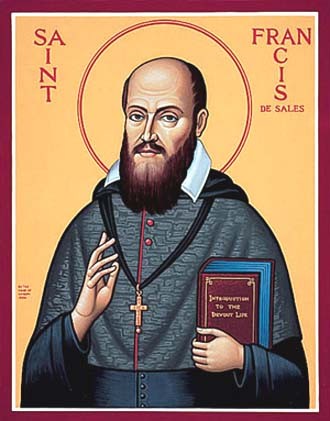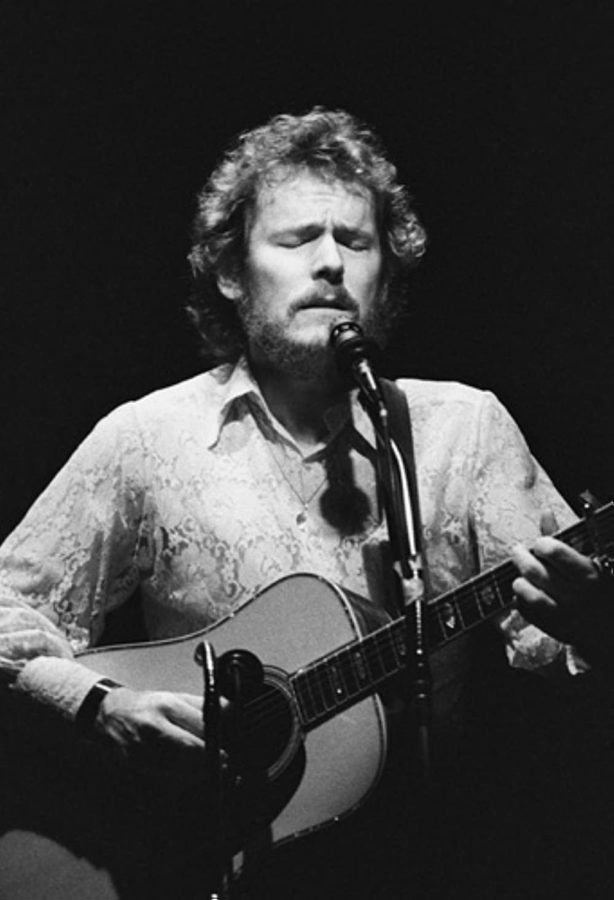Gordon Lightfoot – Life and Legacy
Ed Thrasher
Gordon Lightfoot, a beloved Canadian singer-songwriter, died in early May of this year. He was said to have defined the folk-pop sound of the 1960s and 70s, and revolutionized the music industry. His songs are often lost among new generations, yet Lightfoot’s music is something worth preserving and celebrating for years to come.
Earlier this month, beloved Canadian singer-songwriter Gordon Lightfoot passed away, leaving behind a gorgeous legacy comprised of timeless melodies and carefully crafted lyrics. He has had quite the illustrious career; his achievements ranging anywhere from recording with some of the top music artists of his time, such as Johnny Cash, to securing a spot in the Canadian Music Hall of Fame. Let’s explore what makes Lightfoot such an influential staple in the music industry, and what has allowed his music to stand the test of time.
Lightfoot was born in November of 1938 in Canada. Much of his songwriting attributes to the land he calls home, the beautiful landscapes of Ontario. He was continually inspired by the natural world that he immersed himself in at such a young age. Gordon Lightfoot remarked that both of his parents were very encouraging, and not only recognized but fostered his passion for music.
Throughout his career, Lightfoot has been known and celebrated for his success as a songwriter. His lyrics often have the cadence of poetry and a deeper, emotional perspective that comes with the knowledge of the depths of one’s mind and experiences. The first artist who truly inspired him early in his career was Bob Dylan, who dominated the country and folk music scenes of that time. Lightfoot ended up signing contracts with both United Artists (who managed Bob Dylan at the time) and Warner/Reprise Records. During his time at Warner/Reprise was where he wrote undoubtedly his most famous and beloved song, “If You Could Read My Mind.”
Although Lightfoot toured in both the US and Canada, he only continued to top the charts in his home country, Canada. Yet after the release of his latest album, “If You Could Read My Mind” in 1970, it made a breakthrough on the US charts, even reaching #5. “If You Could Read My Mind” even became one of the most historically covered songs in popular music history.
What is so prolific about Gordon Lightfoot is how many genres fit his unique sound. His voice was able to lead him to explore many genres of music, such as country, folk, pop and rock.
Many artists have covered his songs; ranging from artists like Elvis Presley and Bob Dylan to artists like Barbara Streisand and Olivia Newton-John. A number of popular music icons have been touched by his songs, to the point of desiring to sing his lyrics in their own voices. Lightfoot received four Grammy Nominations and was inducted into the Canadian Music Hall of Fame in 1986.
Lightfoot’s legacy without a doubt still continued on even in his later years, as he continued to still write and tour throughout his 70s and 80s. He sadly passed away due to natural causes, surrounded by his friends and family on May 1 in Sunnybrook Hospital in Toronto, Canada. He was 84 years old.
There is something that truly sets Lightfoot apart from the rest of the music scene in the 1960s and 70s. I believe that Valerie Magee, an author of one of his biographies, said it best:
“But it is perhaps his lyrics, and the combination of his words and music, that set him apart from all the others. What is unique about Lightfoot is that he appears to have heightened senses; he sees, hears and feels things that most of us don’t; and then he can create the music and lyrics to help us see, hear and feel what he does. Whether it is a love song, or a song of lost love, a historical ballad – which he writes like no other songwriter of the last half-century – or a highly personal song, what he says and how he says it leaves a lasting and often evolving impression as the listener uncovers new layers of meaning in the song.”
Songwriters have such a specific, beautiful responsibility in this world. It is their duty to convey the unspoken messages of our world: the silences in our speech that very few people recognize or pick up on. Lightfoot’s songs are so masterful in this way. They sum up the human experience, what many people desire to express yet cannot find the words to do so. With his music he creates a universal tie back to our world, as many people can resonate with the heartbreak he sings of or the beauty he details in his words.
I would encourage anyone, a fan of folk music or not, to explore Gordon Lightfoot’s discography. I throughout enjoy his songs Shadows, The Circle Is Small, and Carefree Highway. Through listening, I hope you are able to see the marvel in his words and hear the honesty in his voice.
If you are interested in learning more about Lightfoot’s Life and Legacy, I would recommend the incredible documentary spanning his entire life, “If You Could Read My Mind.”





















































